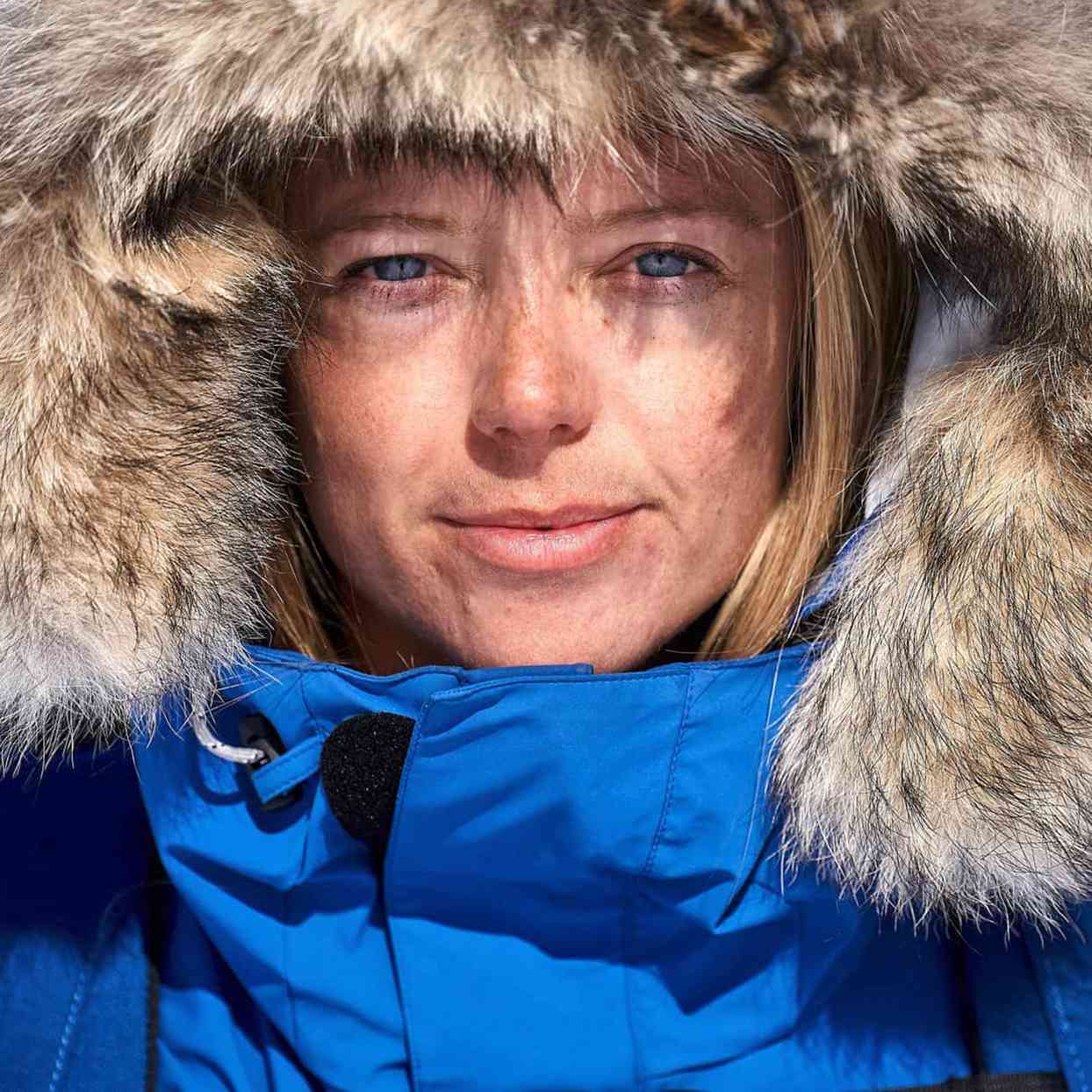Driest places on earth based on least average annual precipitation »
- McMurdo Dry Valleys, Antarctica (0 mm / 0 inches annual precipitation)
- Arica, Chile (0.76 mm / 0.03 in)
- Al Kufrah, Libya (0.86 mm / 0.03 in)
- Aswan, Egypt (0.86 mm / 0.03 in)
- Luxor, Egypt (0.86 mm / 0.03 in)
- Ica, Peru (2.29 mm / 0.09 in)
- Wadi Halfa, Sudan (2.45 mm / 0.1 in)
- Iquique, Chile (5.08 mm / 0.2 in)
- Pelican Point, Namibia (8.13 mm / 0.32 in)
- El Arab (Aoulef), Algeria (12.19 mm / 0.48 in)

/cloudfront-ap-southeast-2.images.arcpublishing.com/nzme/VCIXREYHNHRIAAJG5YL2QJKLWQ.png?resize=676%2C292&ssl=1)

.65af6eb.jpg?resize=651%2C528&ssl=1)

